Are you on the lookout for an exciting seasonal job opportunity? Whether you're hoping to gain valuable experience or simply earn some extra cash, seasonal positions can be a great fit. These roles often offer flexibility and the chance to work in dynamic environments. Intrigued? Dive in to discover the perfect letter template for extending a seasonal job offer!
Job Position and Title
A seasonal job offer in a bustling retail environment, such as a holiday store, can greatly enhance customer experience during peak shopping times. Positions like Sales Associate, often entail responsibilities such as assisting customers in finding products, managing inventory in stockrooms, and operating point-of-sale (POS) systems. These roles typically require effective communication skills to engage with a diverse clientele, especially during high-traffic periods such as Black Friday or the weeks leading up to Christmas. Applicants should be prepared for flexible schedules, often including evenings and weekends, as this aligns with the increased demand during festive seasons. Companies may prioritize candidates who demonstrate enthusiasm, adaptability, and a commitment to providing exceptional customer service.
Employment Duration and Start Date
A seasonal job offer typically specifies the employment duration and start date, outlining the timeframe for temporary positions. For example, a company may indicate that the selected candidates will begin their employment on November 15, 2023, coinciding with the onset of the holiday shopping season. The duration of employment might extend until January 15, 2024, covering key retail events such as Black Friday and post-holiday sales. Clear communication of these critical dates ensures that applicants understand the temporary nature of the job while preparing them for the expected busy work period during the holiday season.
Compensation and Benefits Details
Seasonal job offers often include various compensation and benefits details that are essential for potential candidates. The hourly wage (often ranging from $12 to $25 depending on the role and location) can significantly influence candidate interest. Additionally, bonus structures (such as performance bonuses during peak holiday seasons) may enhance overall earnings. Benefits like flexible scheduling (allowing students or part-time workers to manage their commitments efficiently) are crucial for maintaining job satisfaction. Access to employee discounts in retail businesses (which can reach up to 30% off merchandise) provides added incentive for candidates. Health and wellness benefits (including temporary health insurance options for longer seasonal positions) can attract applicants who prioritize healthcare support even in short-term roles. Clear communication of these details encourages informed decision-making among job seekers.
Work Schedule and Hours
Seasonal employment opportunities often require flexibility in work schedules and hours. Positions may involve peak seasons, such as summer (June to August) or winter holidays (November to January). Typical working hours can range from part-time shifts (15-25 hours weekly) to full-time (up to 40 hours weekly). Retail roles during the holiday shopping season may necessitate evening and weekend availability, especially during Black Friday events. In contrast, summer jobs at amusement parks might involve varied hours to accommodate fluctuating visitor numbers, necessitating shifts during weekdays and weekends. Clear communication regarding expected hours and schedule adjustments is essential for both employers and seasonal employees to ensure operational efficiency and employee satisfaction.
Conditions and Expectations
Seasonal job offers often include specific conditions and expectations to ensure clarity between employers and employees. These positions typically arise during peak seasons, such as summer or holiday periods, in industries like retail, hospitality, or agriculture. Applicants might be informed about the required work hours, often extending to weekends and holidays, with commitments ranging from 20 to 40 hours per week. Employers highlight the necessity of a positive attitude and customer service skills, especially in roles involving direct interaction with clients or customers, like cashiers or hospitality staff in popular tourist destinations. Additionally, guidelines regarding dress code, punctuality, and team collaboration are usually emphasized to maintain a professional environment. Training sessions, often conducted prior to the start date, are designed to prepare new hires for operational procedures and safety protocols, especially in environments like warehouses or restaurants, where food handling and safety regulations are paramount.

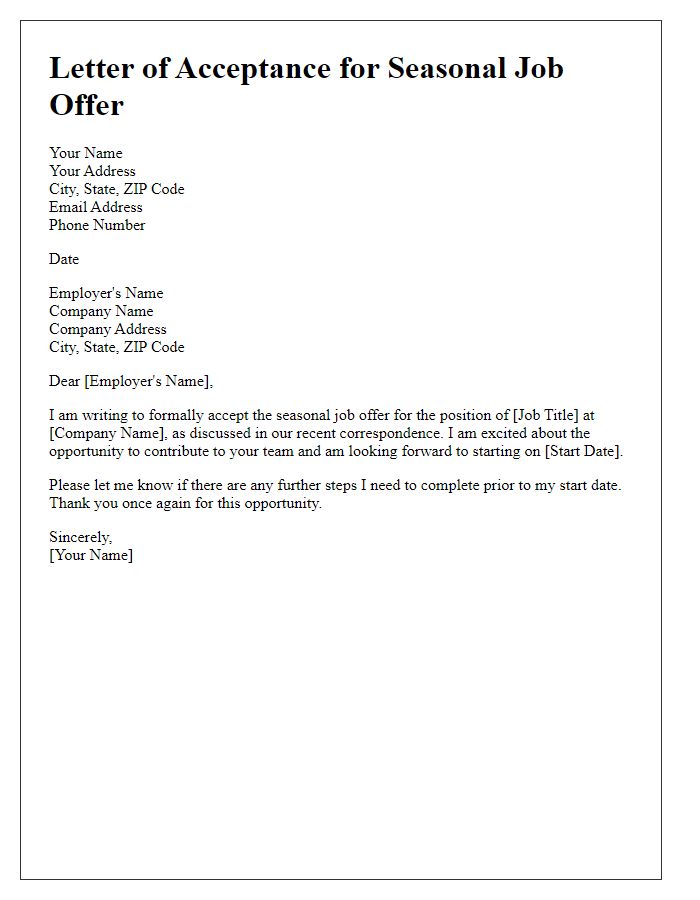
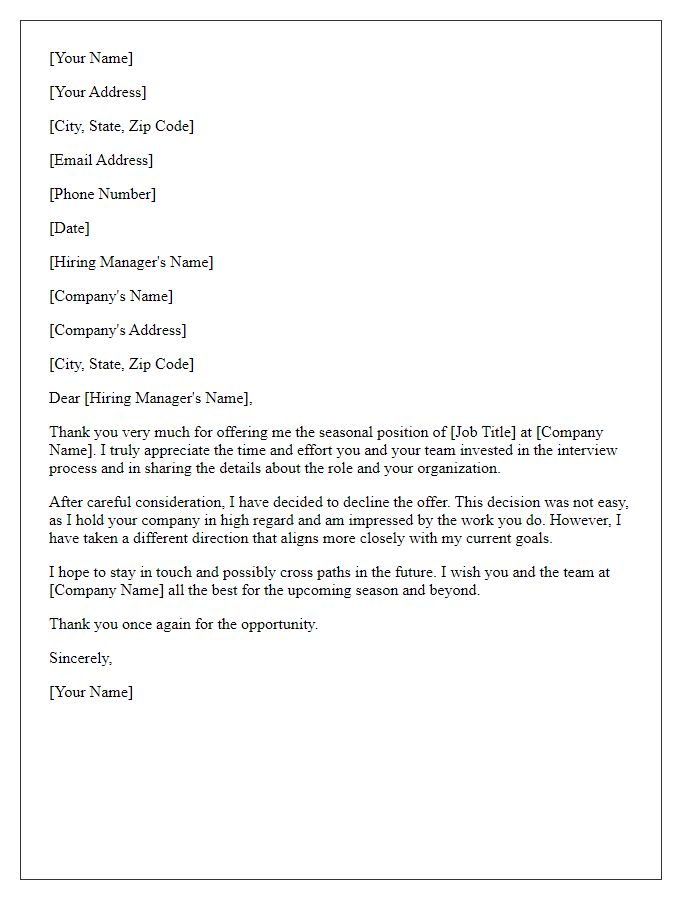

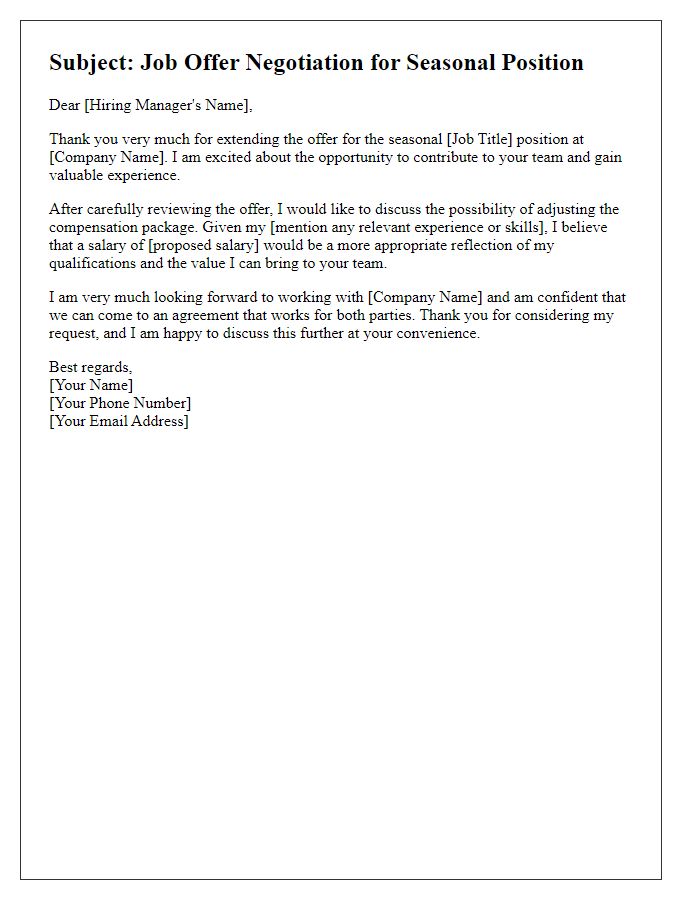
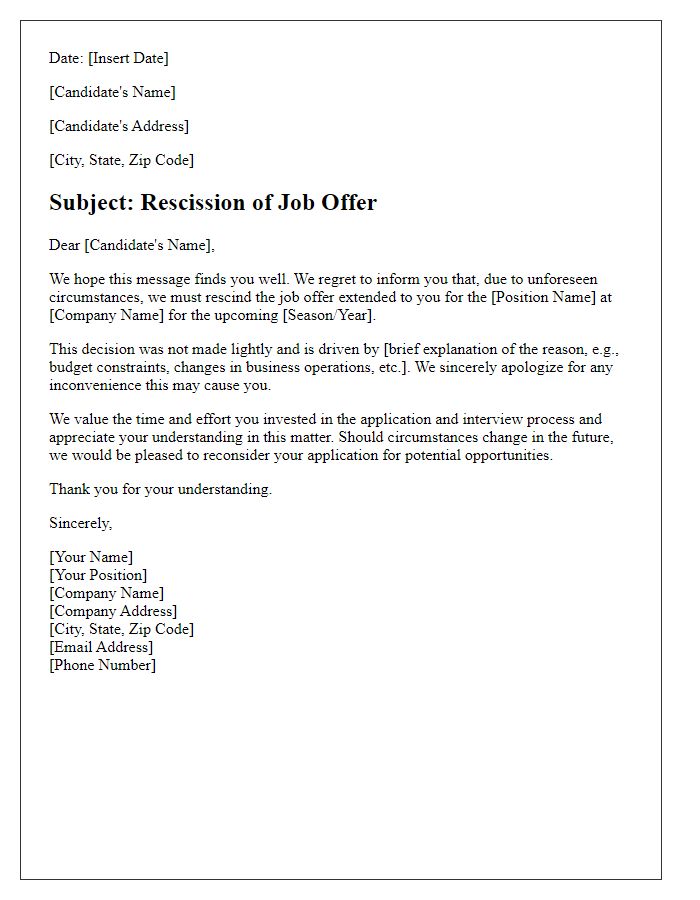
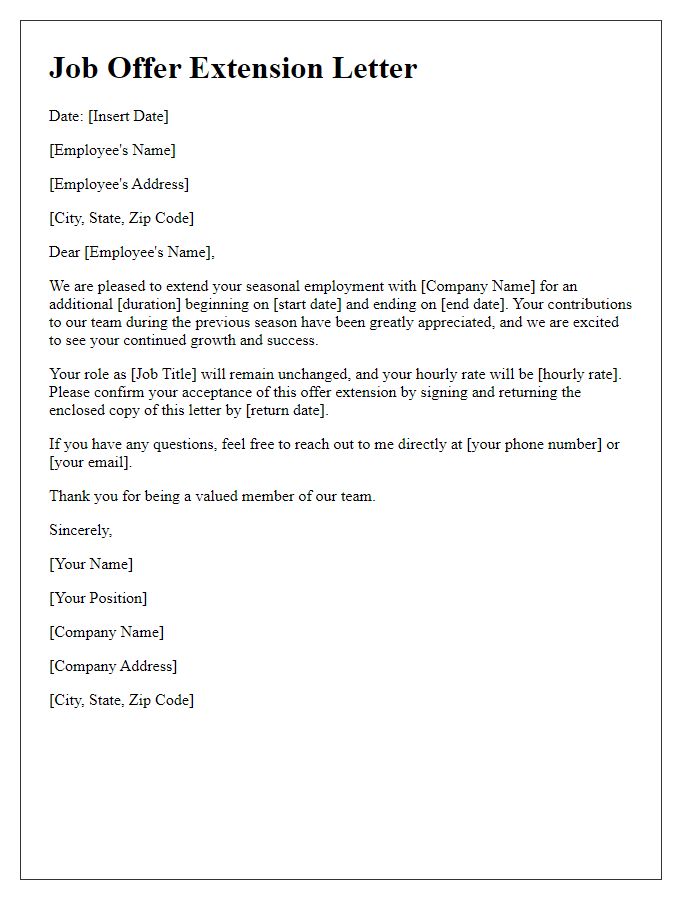
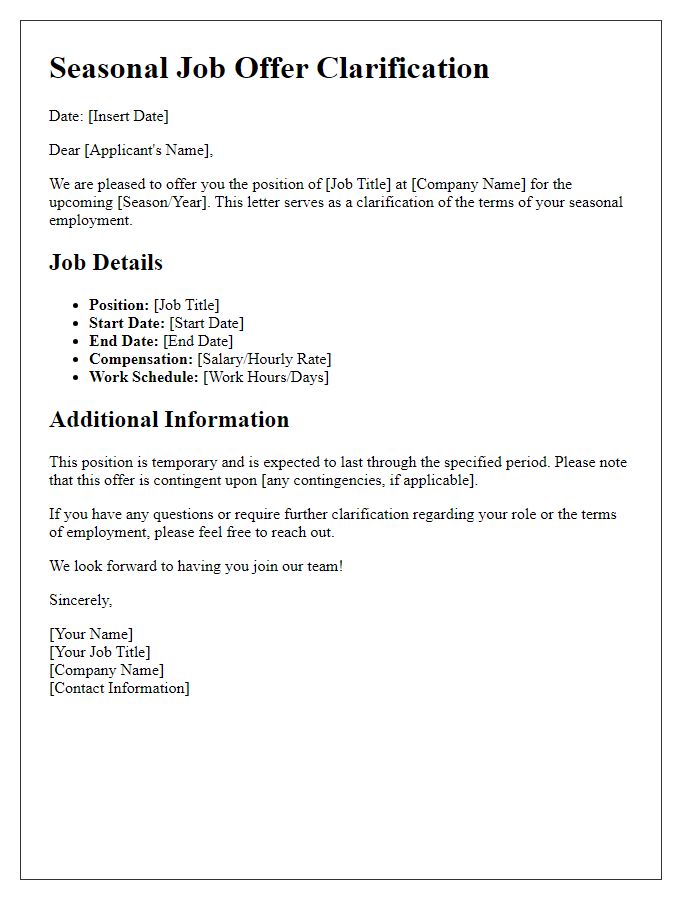
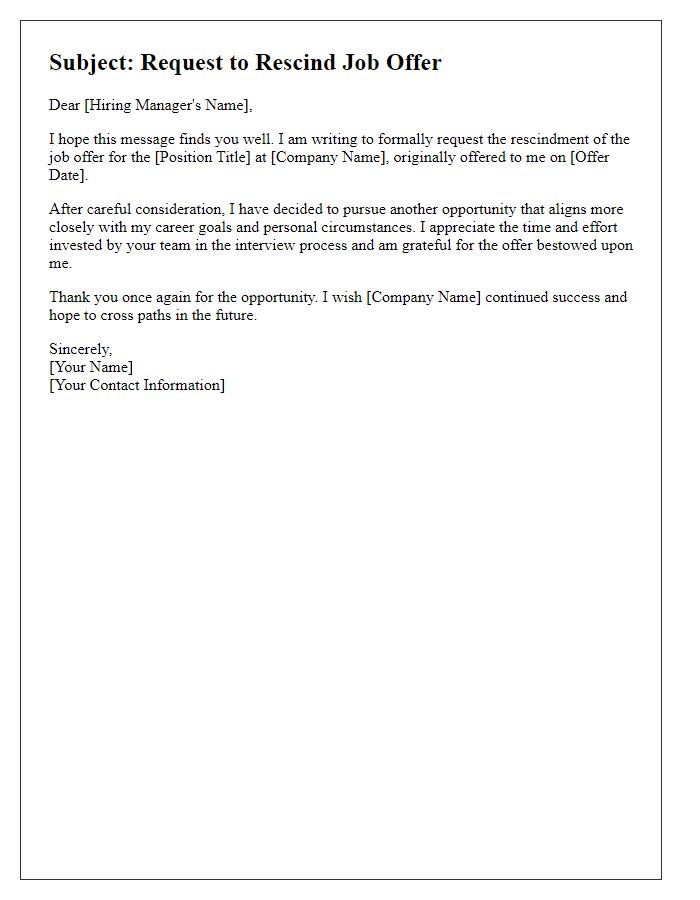
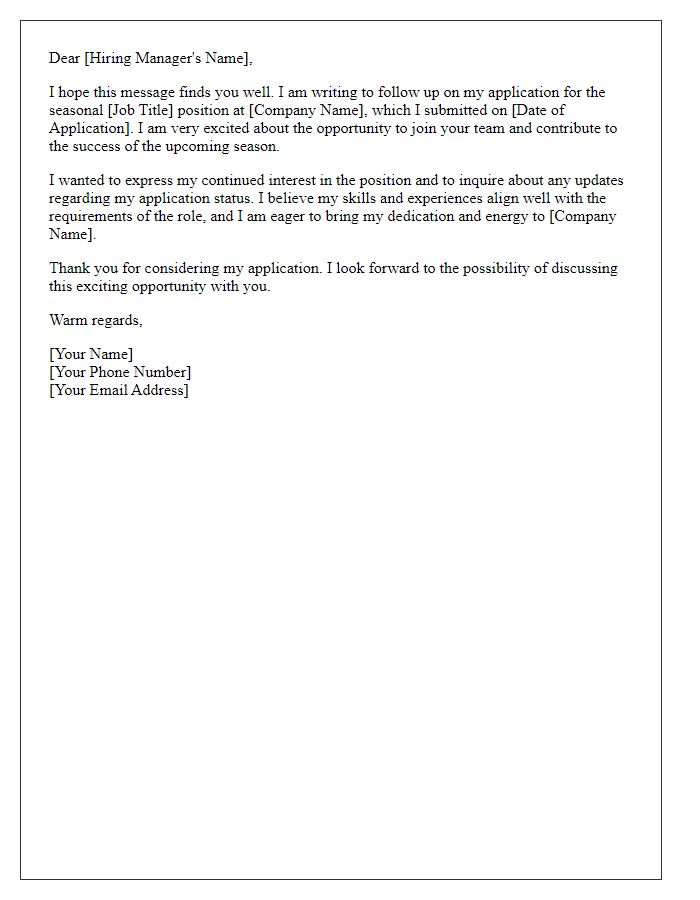


Comments